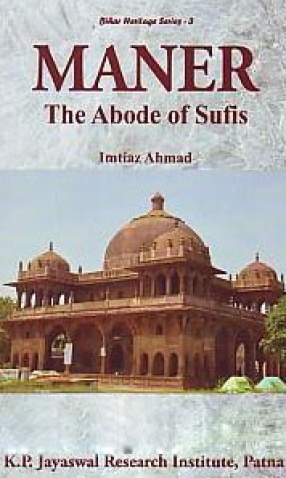
Imtiaz Ahmed

Showing all 9 books


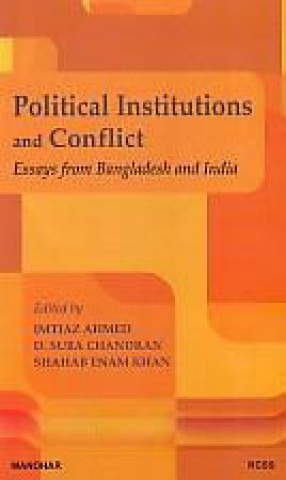
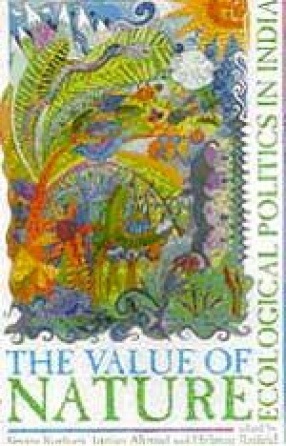
Despite widening awareness about the adverse effects of human activity on our natural environment, there are multiple perceptions of what needs to be urgently attended to and by whom. Whose reference point defines the value of nature? For a vast majority of Indians, nature continues to be the source of life, it provides subsistence and meaning, and it contributes to their self-definition of who they are. It is also brutish and unpredictable, often bringing ...
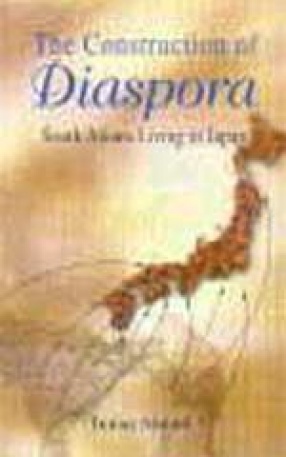
This book seeks to examine the life and living of the South Asian migrants in Japan, particularly the manner in which 'work', 'food', 'gender', 'sexuality' and 'leisure' contributed to the cementing of the relationship between the South Asians while keeping a distance from the Japanese.
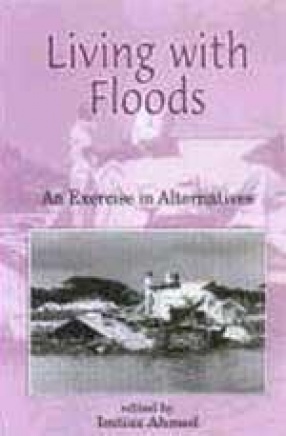
Living with Floods sets out to explore the 1998 deluge in bangladesh, one that has been described as the worst flood in this century. It seeks to explain the deluge by way of reflecting on the experiential aspect of the affected millions, including that of the writers. There are altogether twenty-five articles, divided broadly into three sections, namely 'survival strategies, 'sustenance and work opportunities, and civic response. The three sections, however, ...
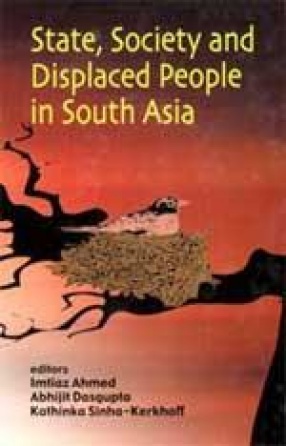
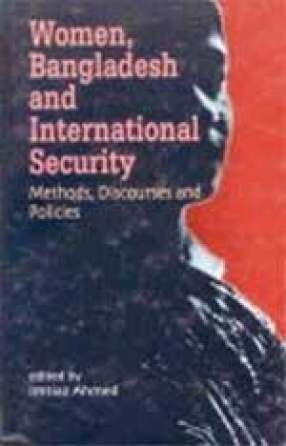
Women, Bangladesh and International Security purports to do two things. Firstly, it is an attempt to relate the life and living of Bangladesh women with the domain called international security. Seldom is there an understanding that the women of Bangladesh are actively engaged in the organization and reproduction of international security. Secondly, it is a theoretical intervention to the debate as how best to understand the engendered relationship between the ...
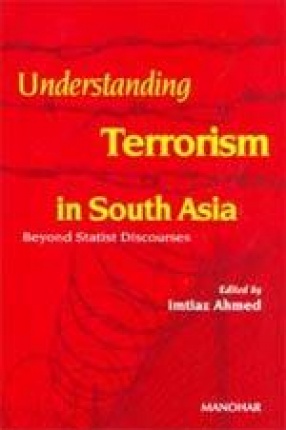
Terrorism is now an over-defined concept with the state, intellectuals, dissenters, and anti-state activists constantly batting out its meaning. While analyzing terrorism the authors of this volume have tried to highlight the following contentions. First, both state and non-state actors are culpable when it comes to reproducing terrorism, although as a policy the state was the first to institutionalize it. Second, the colonial state was notorious when it came to ...
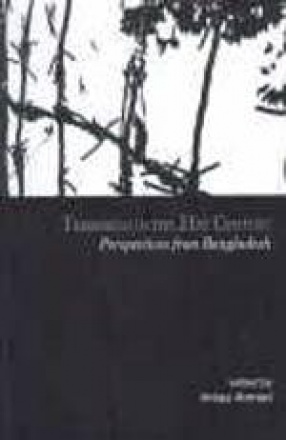
At the dawn of the twenty-first century the specter of terror has come to haunt the minds of the citizenry and policymakers alike. Three reasons seem to be responsible for this. Firstly, the empowering status of non-state entities. Secondly, the easy availability of deadly, weaponry, including the knowledge of turning grocery items into improvised explosive devices. And thirdly, the arrival of suicide bombers priding on civilian targets, and that again, with an ...
